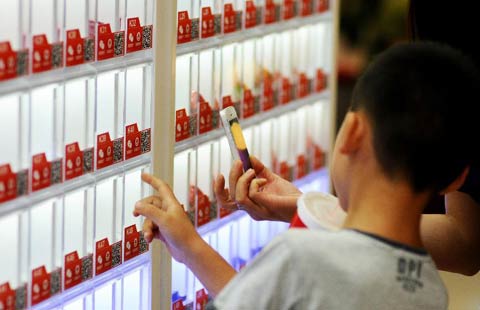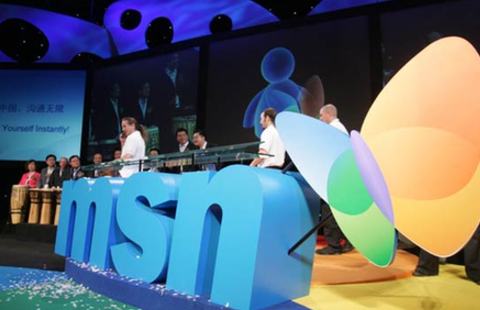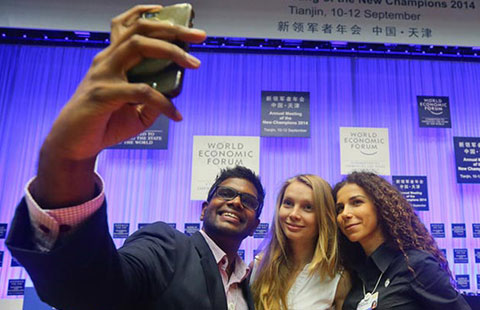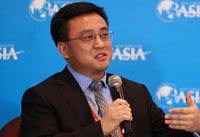Philips breathes life into onboard air purification
By Li Fusheng (China Daily) Updated: 2014-09-15 09:30
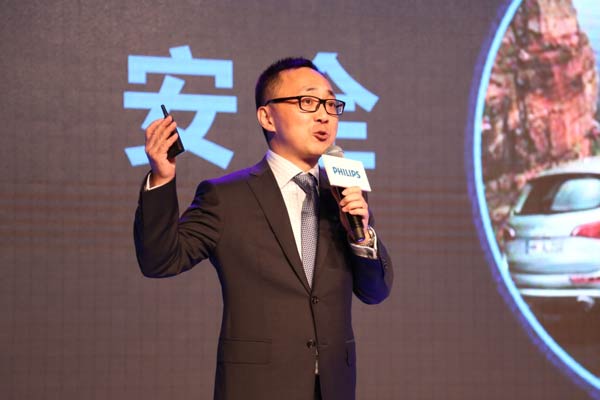 |
|
James Shan, general manager of Philips Automotive Lighting Greater China. |
Philips brought a new onboard air purifier to the Chinese market on Sept 11 in an effort to expand its business in the automotive industry.
The latest product can eliminate 99 percent of PM 2.5 as well as chemical pollutants and other odors, according to the company.
Another air purifier is expected to hit the market in 2015. It will have Internet-related and other functions, said the company.
"I would say developing onboard air purifiers is the project in which we take most pride," said James Shan, general manager of Philips Automotive Lighting Greater China.
The market is growing rapidly as more and more Chinese people are concerned about air pollution.
"Many thought we at Philips are lucky enough to seize the opportunity. But actually, our success is based on our understanding of customer demands and our ability in innovation as well as our relationship with partners," said Shan.
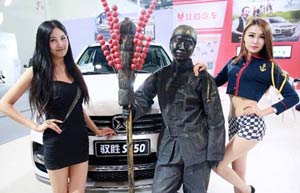 |
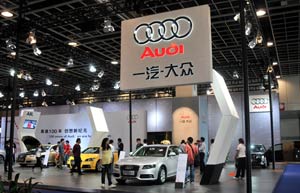 |
While there were already some 100 similar products in the market, the Philips purifier proved to be a success due to its ability to remove minute particles and other pollutants, said Shan.
Shan said he believes the Chinese market will grow as only 4 percent of the country's passenger vehicles are equipped with air purifiers.
Though a new air purifier producer, Philips has been well established in the sector of automotive lighting.
"It is exactly 100 years since we produced our first automotive light bulb. And ever since the first day, our aim has always been to improve people's lives on the road," said Shan.
Philips introduced halogen lights in 1962 and invented Xenon lights in 1991.
First used on BMW's 7 Series, Xenon lights are three times brighter than ordinary halogen lights and have a life expectancy almost as long as the vehicles themselves.
It also equipped LED daylight running lights on some Audi models in 2004 and 2007.
The company said on its website that one of every three vehicles in the world is using its light bulbs and most of luxury vehicle producers are its customers.
However, Shan said its success is not simply a result of innovative products.
"Before we start a project what we do first is not estimate at what price we sell the products and how much money we can make. Instead, we start at end users and analyze the market potential.
Shan said his company made a lot of efforts in surveys before starting an air purifier project.
"We never celebrate when we sell our products to business clients. The most proud moment is when we find that end users recognize products we develop together with our clients."
- Beijing to host NGV Expo China 2014
- Auto industry gets geared up for expected tech revolution
- Michelin accelerates for network expansion
- Auto after-sales services booming; companies chase market share
- Chengdu races to be China's new automotive hub
- Govt ponders raising cap on foreign stakes in auto JV
- Alibaba kicks off Asia roadshow in HK
- Alibaba set for biggest IPO in history
- China's rooftop power generation surges despite challenges
- CNOOC reports first deepwater gas discovery in South China Sea
- China, Malaysia join hands in port partnership
- Shanghai FTZ senior official removed
- Urban farmers in China
- Beijing raises hiring standard for foreign employees

